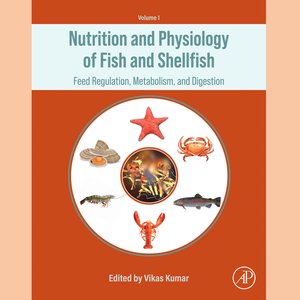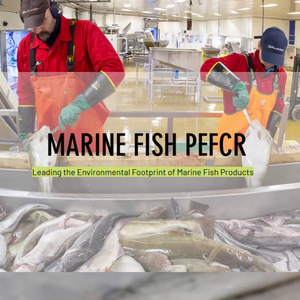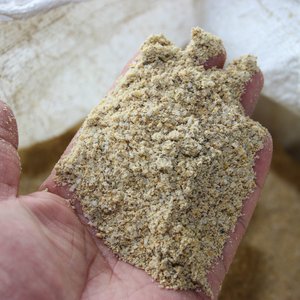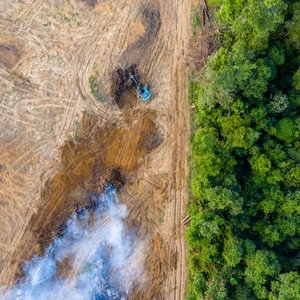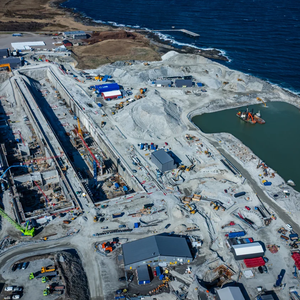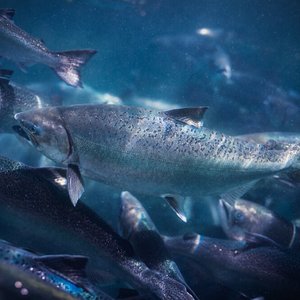A new video released by the U.S. Soybean Export Council (USSEC) showcases the technology transfer to the Chinese aquaculture industry of the newly developed Intensive Pond Aquaculture (IPA) system. Trials at Chinese fish farms with the IPA system have yielded significantly more fish with less environmental impact, with results so promising that it is expected the technology will be widely adopted to revolutionize pond aquaculture in China.
The IPA technology was researched and developed at Auburn University with funding by the U.S. soy industry. Dr. Jesse Chappell, Extension Specialist and Associate Professor of Aquaculture Development Hatcheries Management, worked with USSEC to bring the technology to China, the world’s largest producer of farmed fish with the majority of product raised in freshwater ponds.
“The IPA system offers multiple benefits to address environmental and food safety concerns,” said Chappell. “By creating a riverine flow in the pond, the fish have a healthy environment, and water quality is protected due to the removal of waste and recycling for other uses, such as biofuel and fertilizer.”
Dr. Michael Cremer, International Aquaculture Senior Program Advisor at USSEC, said that limited water resources and water quality are critical factors restricting the growth of the Chinese aquaculture industry.
“Greater food safety, less environmental impact and up to triple the yields are all reasons why the IPA technology has been enthusiastically endorsed by the Chinese government,” said Cremer. “The biggest benefit is water conservation and being able to recycle and reuse the pond water because the waste has been removed. This system has the potential to revolutionize Chinese aquaculture, and will certainly help them grow to meet increasing demand for high quality fish.”
For more information on the Intensive Pond Aquaculture System, contact Dr. Chappell.
The third in a video series highlighting sustainable aquaculture around the world, the video is funded by the soybean check-off program and can be viewed here


